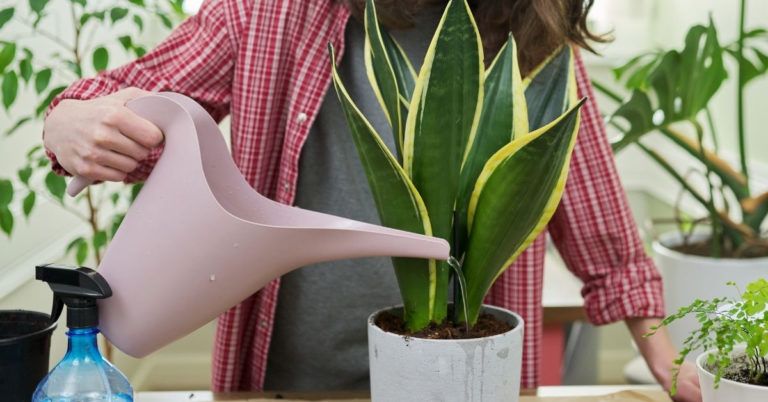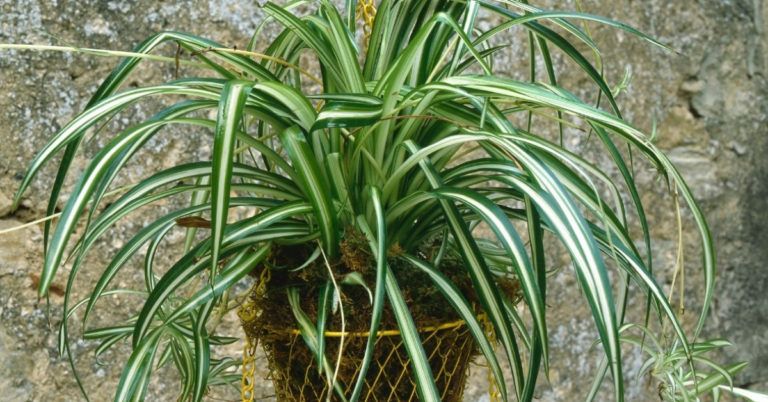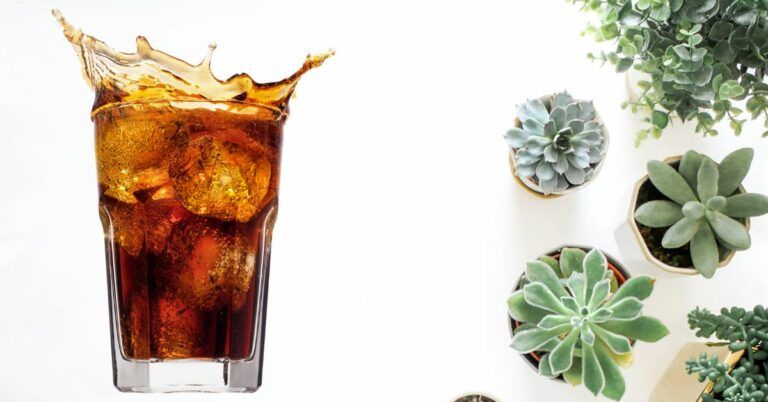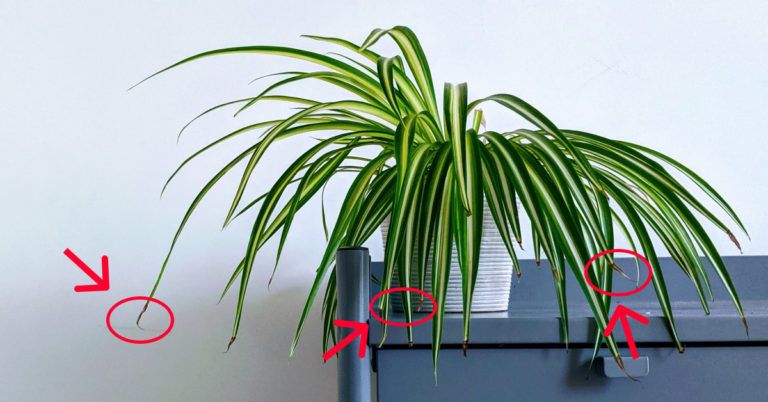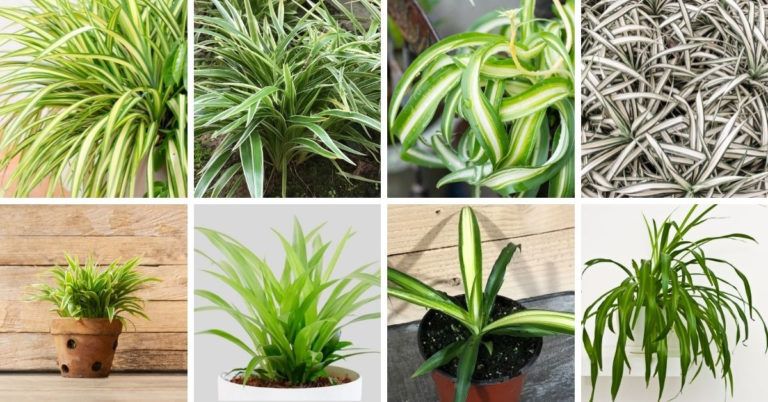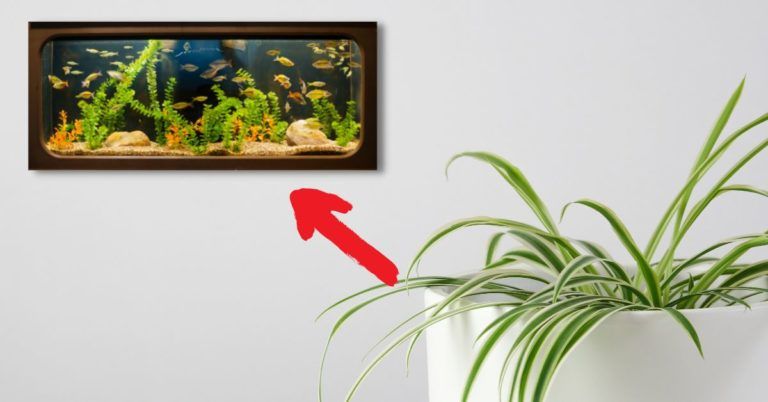Do Snake Plants Like Humidity? How to Keep Your Snake Plants Happy
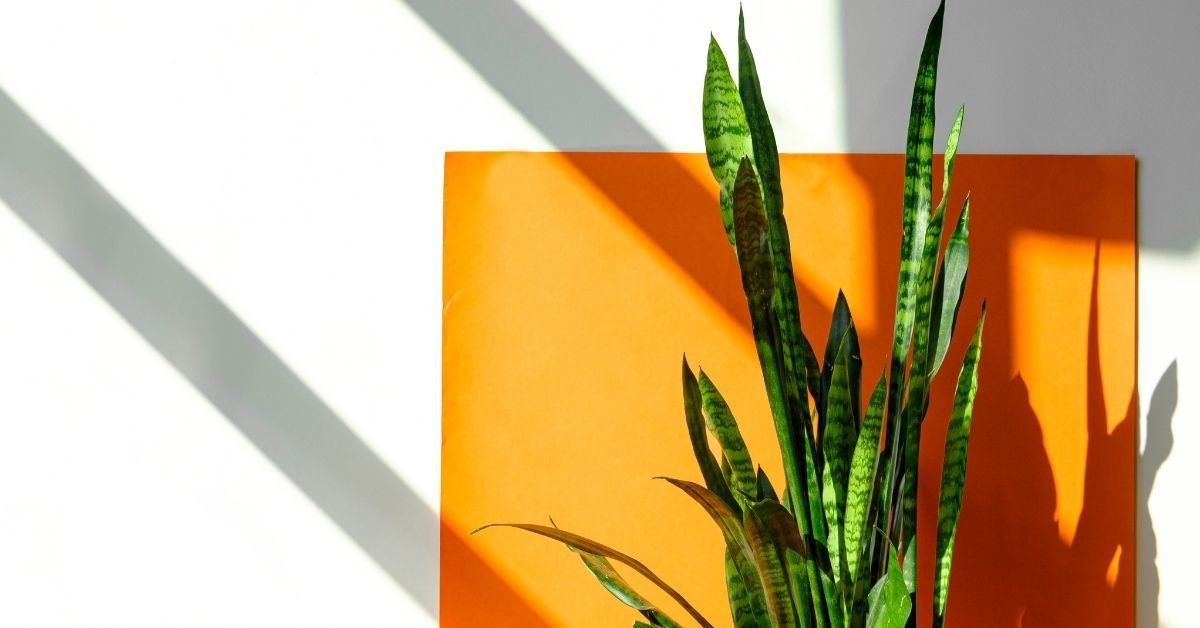
This article will talk about snake plant care and its humidity requirement.
Snake plants are the most commonly sold plant in nurseries, and I believe they are one of the best houseplants for beginner gardeners.
However, I found that new plant parents often wonder about the question: Do snake plants like humidity?
In short, Snake plants don’t like too much humidity. Snake plants prefer a humidity range of 40-50 %, but they may survive at higher levels.
We will talk more about humidity and how humidity will affect your snake plants further down this post.
Let’s dive right in.
What is Humidity?
Simply put, humidity is the amount of water vapor (the gaseous form of water) in the air.
Moisture is another term used to describe water in its liquid state (instead of gas).
Let’s look at it another way: Humidity is the percentage of moisture in the air.
If the humidity is 100%, the air is saturated with water vapor (there is an equal amount of water vapor in the air as there are actual water particles).
In other words, if it is 100% humid, there is no dry air left in the room. All the air is saturated with water vapor.
If the humidity is 0%, this means that the air is completely dry.
There is no water vapor (or gaseous form of water) in the air at all. In this case, all the air is dry.
Does a Snake Plant Like High Humidity?
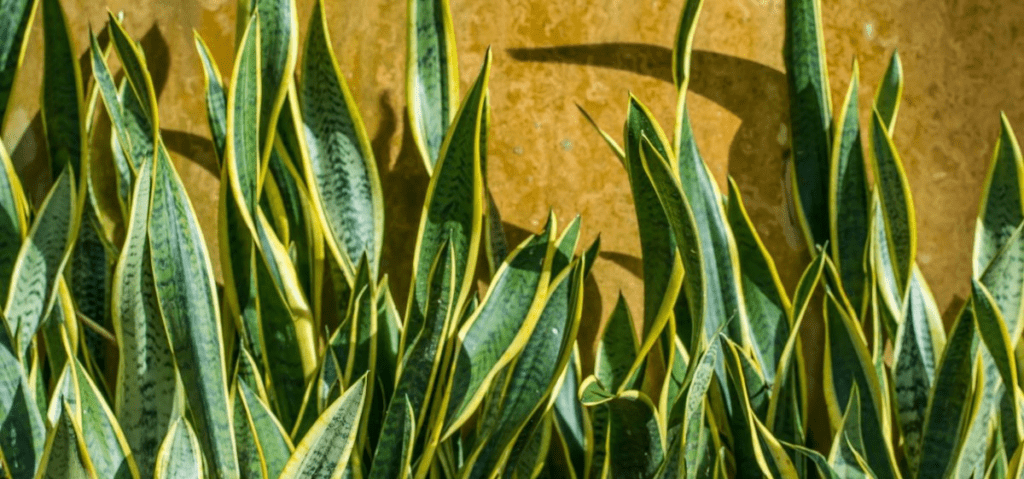
Now, will your snake plant enjoy a humid environment? The answer is not really.
The snake plant, which originated from a dry environment, prefer to stay in a drier climate.
Unlike other houseplants that live in a tropical rainforest, snake plants do not like an overly humid environment.
In fact, your snake plant will not grow well in an environment with high humidity.
As a result, you must keep an average humidity level between 40 to 50% to help your snake plant thrive.
But what role does humility play in the plant’s growth and survival? Keep on reading…
How does Humidity Affect a Snake Plant?
Snake plants are one of the best plants for beginners because they are easy to grow.
The main reason is that they can grow anywhere, in any climate, with minimal effort and money. The other good thing about them is that they need very little care.
A snake plant will not be affected by humidity as much as the other houseplant.
But still, it is important to know how humidity affects the snake plant.
The effect of humidity on the snake plant is similar to the effect of temperature on a plant.
In other words, humidity has a direct relationship with the rate at which your snake plant grows.
If the humidity is too low, the leaves of your snake plant will become crinkled and will lose their lustre.
The lack of humidity will cause the plant’s cell walls to dry out. As a result, the plant will not get enough water and will start to wilt.
On the other hand, if you keep your snake plant in a humid room, it will have difficulty breathing out all the water from its leaf and root.
This will cause many problems for your plant, including brown spots, pest infection and other diseases to your snake plant.
Therefore, it is crucial to maintain the optimum humidity level to keep your snake plant happy.
Additionally, the humidity level in your house will also affect your watering schedule.
You see, if the humidity is too low, your snake plant needs more frequent watering. But, if the humidity is too high, your snake plant will require less watering.
Positively, this is also important for people who want to grow healthy plants.
When the humidity is high, your snake plant will be prone to overwatering problems if you are not careful with watering the plant.
So, if you want to grow the best snake plant, you should understand how humidity affects your plant.
In fact, by learning how humidity affects your plant, you will be able to make the right decision when choosing the best location for your snake plant.
Also read: How Often To Water Snake Plant: A Guide For New Plant Parents
How to Test the Humidity Level of Your Room?
The easiest way to test the humidity level of your room is to use a hygrometer, a humidity gauge that you can buy from any home improvement store.
You can get the hygrometer for cheap, and it will help you decide whether your room is humid enough or too humid for your snake plant.
Also read: Do Snake Plants Need Drainage Holes? (Explained)
How Can You Provide Good Levels of Humidity for Your Snake Plant?
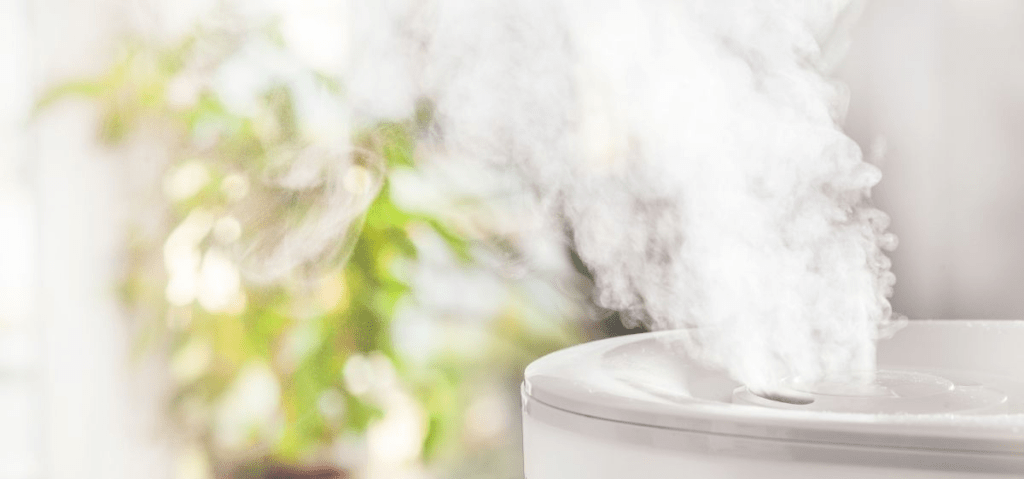
Obviously, good humidity levels for your snake plant will depend on where you live.
The humidity levels for a snake plant should be ideal.
We know that the perfect humidity for snake plants are between 40 to 50 percent.
So, if the humidity is too low, we need to take some steps to raise it, and if it’s too high, we need to bring the level down.
If you want to lower the humidity in your house, consider investing in a dehumidifier. You can get a dehumidifier from your local home improvement store.
It will remove the moisture from the air and make the humidity level in your room more balanced.
If you want to make your room even more humid, consider using a humidifier. A humidifier will add moisture back into the air.
So, if you use one in your room, you should use a hygrometer to test the humidity level in your room to make sure that it stays at the right level.
Remember that your snake plant, like most houseplants, prefers a humidity range of 40 to 50 percent.
If your humidity level is too high or too low, then you should take steps to adjust it so that it is perfect for your plant.
Signs a Snake Plant Needs More or Less Humidity
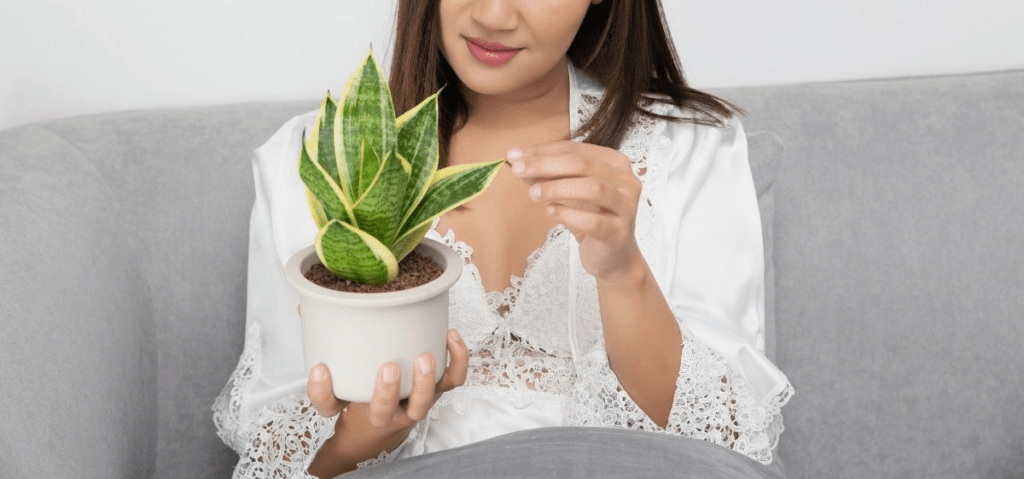
There are some signs that will tell you that your snake plant needs more humidity.
The first is that the leaves of your snake plant will become crinkled and wilted. This is caused by the lack of humidity in your house.
As the leaf dries out, it will begin to shrivel up and curl. The leaf will eventually turn brown and may fall off the stem.
This will cause the plant to lose its green color and make it look sickly.
When this happens, it is an indication that your snake plant needs more humidity. If you don’t give it enough moisture, the leaf will dry out and eventually die.
On the other hand, too much humidity can be as bad for your snake plant as too little humidity.
If the humidity in your room is too high, then there will be mold and mildew on the leaves of your snake plant. This will cause the leaves to get sick and eventually die.
Conclusion
In this article, we discussed the importance of humidity to a snake plant. We also talked about how humidity will affect your snake plant.
Remember this: Your snake plant will not grow well in an environment with high humidity.
Therefore, your duty as a snake plant parent is to keep the humidity level at a moderate level (between 40 to 50%) to help your snake plant survive and grow well.
I hope you find this information useful.
Now I’d like to hear from you:
Do you grow any houseplants that enjoy a humid environment? If so, which ones do you grow and why?
Please share your thoughts by leaving a comment below.
Until then, happy gardening!
